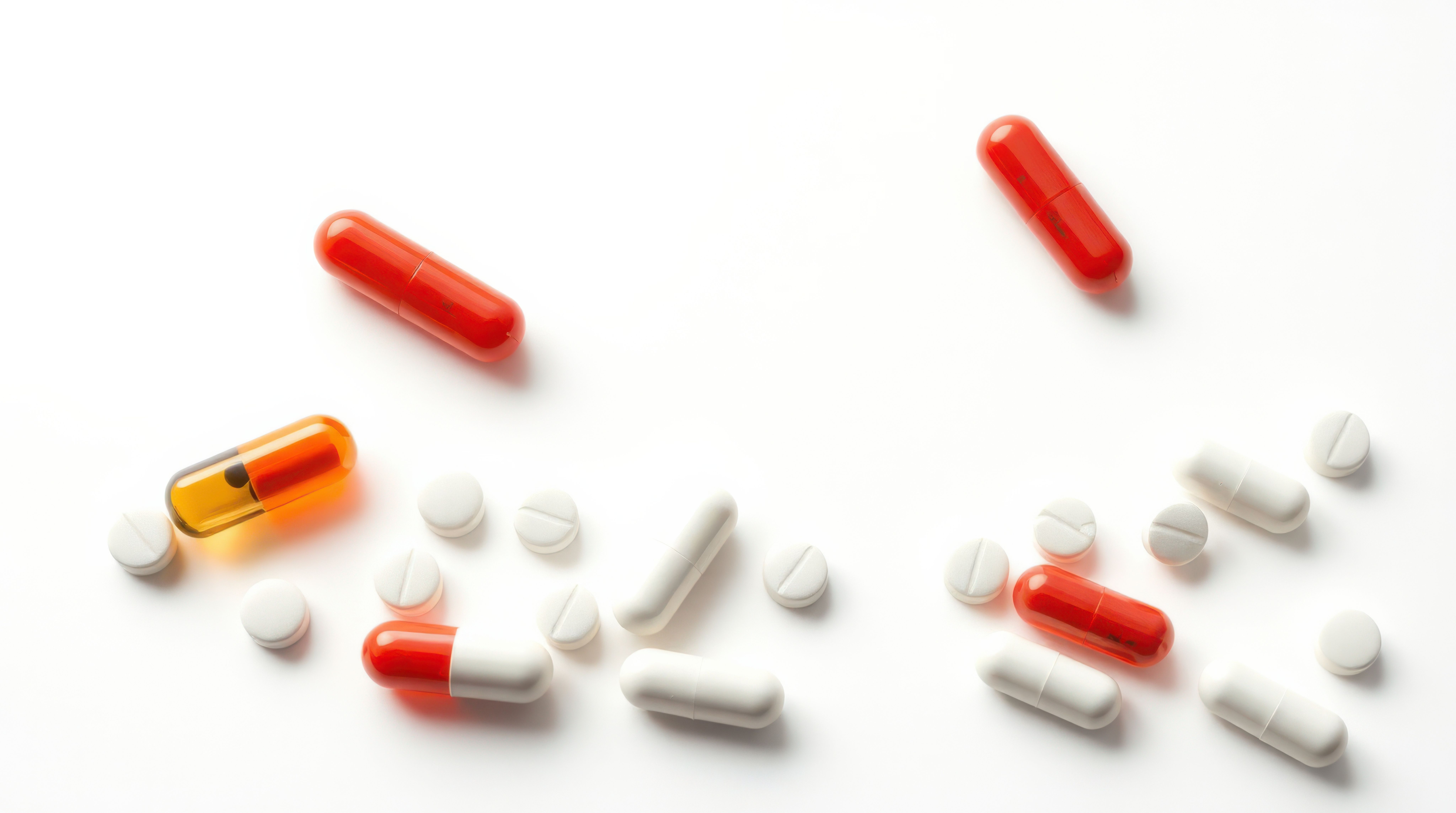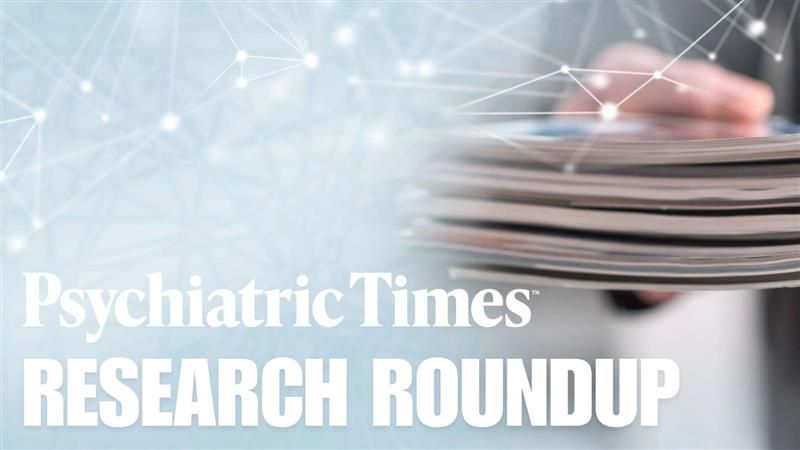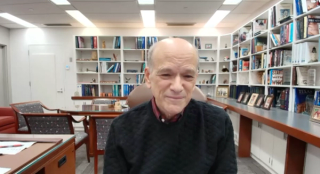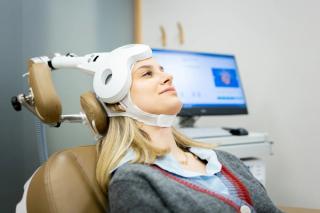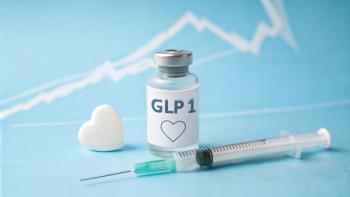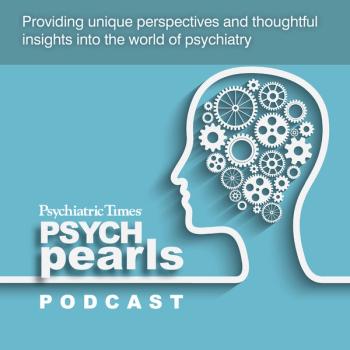
Major Depressive Disorder
Latest News
Video Series
Latest Videos
Shorts
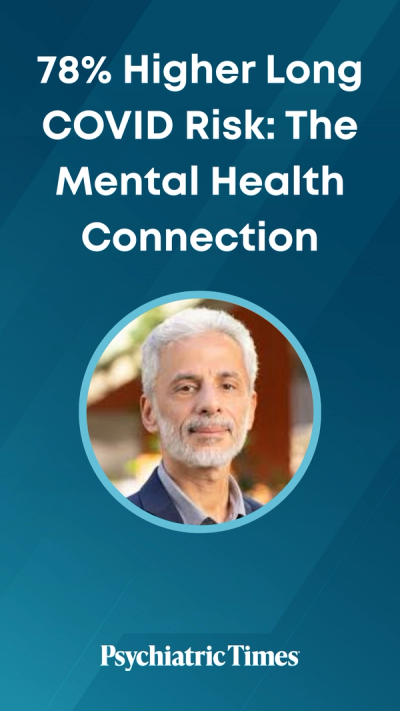
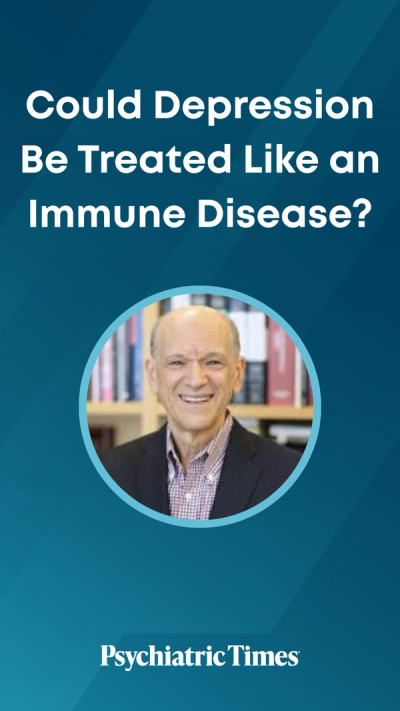
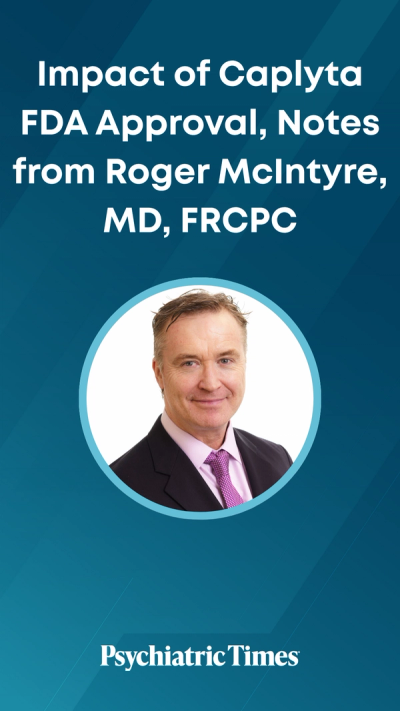
Podcasts
CME Content
More News

Seltorexant shows promise as a safe adjunctive treatment for patients with major depressive disorder and insomnia symptoms, with fewer weight changes than quetiapine XR.

New data reveals Caplyta significantly improves remission rates in adults with major depressive disorder, offering hope for lasting relief from symptoms.

Innovative combinations of transcranial magnetic stimulation and ketamine therapy offer new hope for treatment-resistant depression, pain, and substance use disorders.
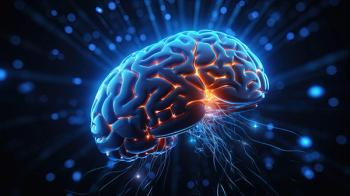
FDA approves ProlivRx, a groundbreaking at-home therapy for major depressive disorder, offering new hope for patients unresponsive to traditional treatments.
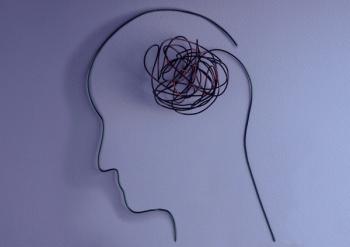
Biohaven's BHV-7000 fails to reduce depressive symptoms in a phase 2 proof-of-concept study.

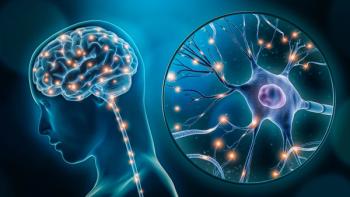
A groundbreaking at-home brain stimulation device gains FDA approval, offering hope for adults with major depressive disorder through innovative treatment.

Explore updates from November 2025, including AI, drug updates, and more.


Vagus nerve stimulation offers a promising solution for treatment-resistant depression, showcasing significant long-term efficacy and durability in patients.
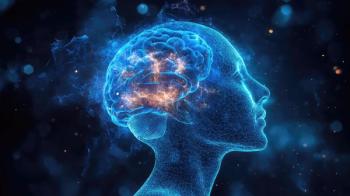
FDA expands Deep TMS therapy for adolescents with major depressive disorder, offering a noninvasive treatment option for underserved youth.

EXCLUSIVE: Check out this recap on the approval of lumateperone (Caplyta) for major depressive disorder.
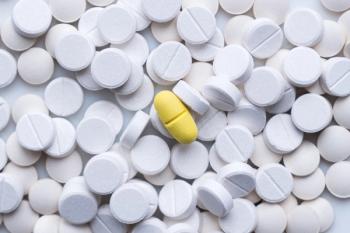
Explore how placebo effects vary across psychiatric disorders, revealing significant symptom improvements, especially in major depressive disorder and generalized anxiety disorder.

Caplyta, now FDA-approved as an adjunctive therapy for major depressive disorder, offers rapid relief and a favorable safety profile for patients. Learn more from Suresh Durgam, MD, the primary investigator.

Neurocrine's NBI-1070770 fails to meet primary endpoint in phase 2 trial for major depressive disorder, prompting further analysis of results.
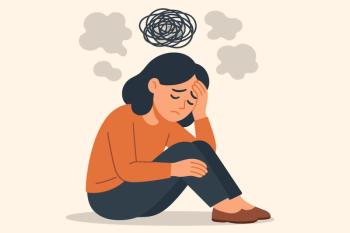
AtaiBeckley reveals promising phase 2b open-label extension study results for BPL-003, showing sustained antidepressant effects in patients with treatment-resistant depression after redosing.
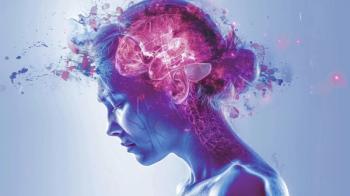
Johnson & Johnson's Caplyta gains FDA approval as an adjunctive treatment for major depressive disorder, offering hope for improved patient outcomes.

A reproductive psychiatrist discusses the implications of recent FDA announcements on medication use during pregnancy, emphasizing the importance of mental health for mothers and babies.

New data indicates safety of seltorexant and its pharmacokinetics in treating adolescent depression, supporting its potential as an effective adjunct therapy.
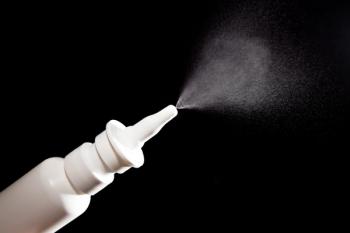
Esketamine nasal spray shows significant improvements in treatment-resistant depression, with effective dose management and minimal adverse effects in recent studies.

New research highlights lumateperone's effectiveness as an adjunctive treatment for major depressive disorder, improving depressive symptoms and sexual function.

Late-life depression poses unique challenges, impacting cognitive function and requiring tailored treatment strategies for older adults.

New phase 3 data highlights seltorexant's potential as a safer adjunctive treatment for major depressive disorder with insomnia, despite not meeting primary end points. Andrew J. Cutler, MD, shares his thoughts.

A phase 2 study reveals osavampator significantly reduces depression severity in adults with major depressive disorder, showing promise for treatment-resistant cases.

Apathy significantly affects cognitive impairment patients, yet remains underrecognized. Discover effective assessment and treatment strategies for improved outcomes.

